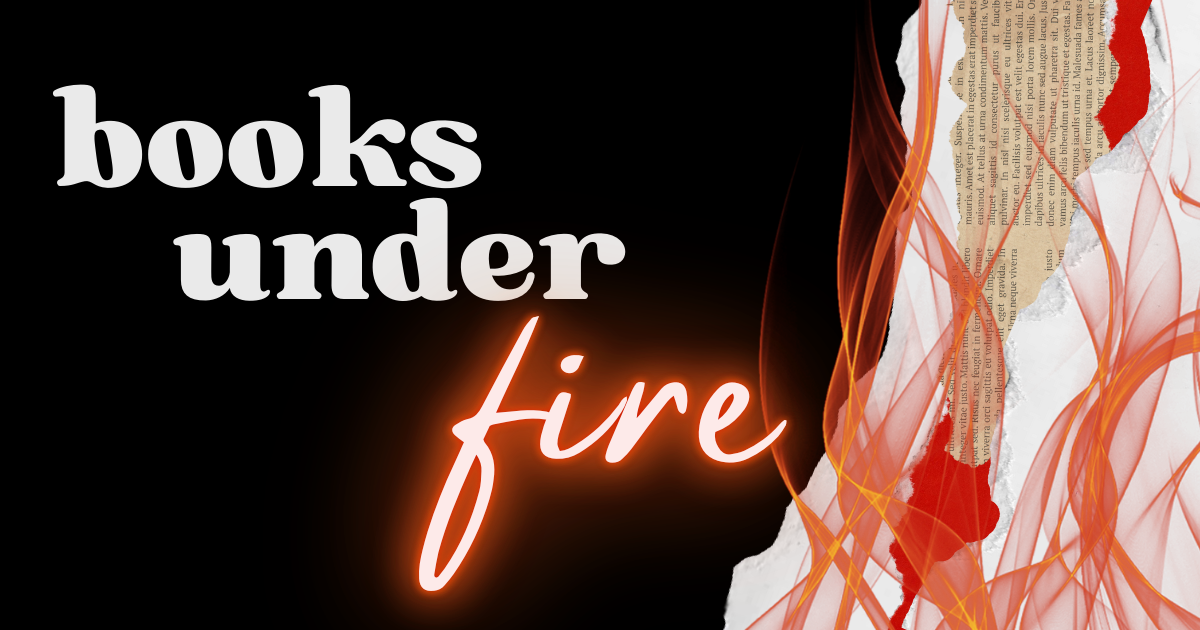
Design by: Erin Reil
Banning books is not new to our society. Throughout history, we have seen books suppressed and censored due to societal norms, political ideologies or religious beliefs. From classic novels to contemporary works, literature has long been a battleground for discussions on morality, education and freedom of expression.
Literary masterpieces such as “The Adventures of Huckleberry Finn”, “To Kill a Mockingbird” and even the “Harry Potter” series have come under fire for containing content many find unwelcome. In the past, most censorship efforts were carried out by governments or religious organizations. Today, they are largely driven by school boards and parents who argue that books containing violence, sexual content or discussions of gender and sexuality are inappropriate. However, opponents of book bans point out that these very topics are part of real life — and shielding students from them may hinder their understanding of the world.
This leads to the question of whether parents should have the right to decide what their children read or if restricting certain books limits intellectual freedom and critical thinking.
While parents play a crucial role in guiding their children’s education, the broader question is whether they should have the authority to determine what all students can access. Schools and libraries serve diverse communities, and book bans often remove stories for everyone rather than allowing individual choice. Rather than banning or censoring literature, a more effective approach would be to encourage discussions about the topics presented in these books, allowing students to explore challenging themes in a safe and thoughtful environment.
At its core, the fight against book banning is about more than just access to literature — it is about the right to think, question and engage with different perspectives. Books challenge us, expose us to unfamiliar ideas and help us understand people whose experiences differ from our own. Banning books does not eliminate the ideas within them — it only makes them more powerful. As history has shown, censored literature often finds a way to gain even more attention and readership in response to attempts at suppression.